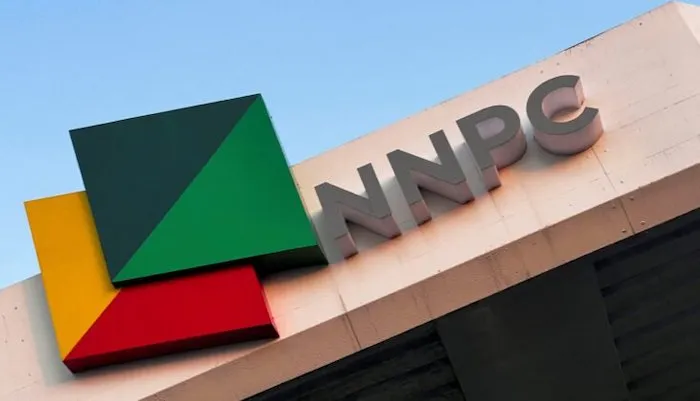Nigeria’s state-owned oil company has announced its second reduction in fuel prices within a week, signaling continued shifts in the country’s energy market under a deregulated regime. The Nigerian National Petroleum Company Limited (NNPCL) adjusted its pump price for premium motor spirit, commonly known as petrol, to ₦890 per liter on Wednesday, down from ₦895. Observers noted the revised rate at NNPCL retail outlets in key areas of the capital, Abuja, including Kubwa Expressway, Gwarimpa, and Wuse Zone 4.
The latest cut follows a previous reduction implemented just days earlier, underscoring the dynamic pricing environment since the federal government eliminated subsidies and deregulated the downstream oil sector earlier this year. While NNPCL stations now sell petrol at ₦890, competing outlets partnered with Dangote Refinery—including AP Ardova, Optima, MRS, and Bovas—have undercut the state firm’s price, offering fuel at ₦885 per liter.
Abubakar Maigandi, National President of the Independent Petroleum Marketers Association of Nigeria (IPMAN), attributed the fluctuations to market forces shaping the newly liberalized sector. “Prices will continue to rise and fall based on supply dynamics and global oil trends,” he stated, emphasizing that deregulation has transferred pricing control from the government to market participants.
The successive adjustments reflect Nigeria’s broader efforts to align domestic fuel costs with international benchmarks, though the changes have drawn mixed reactions from consumers grappling with inflationary pressures. NNPCL, which dominates fuel distribution, has faced scrutiny over pricing transparency, while private players like Dangote Refinery—Africa’s largest oil facility—are increasingly influencing competition.
Analysts note that further volatility is likely as the market adapts to deregulation, with exchange rate instability and global crude prices posing additional challenges. The developments mark a pivotal shift for Africa’s top oil producer, which spent decades subsidizing fuel to stabilize prices but now seeks to curb fiscal burdens and attract private investment.
For now, motorists in Abuja and other major cities are navigating the unpredictable pricing landscape, with stakeholders urging clearer regulatory frameworks to ensure fairness amid the transition.
